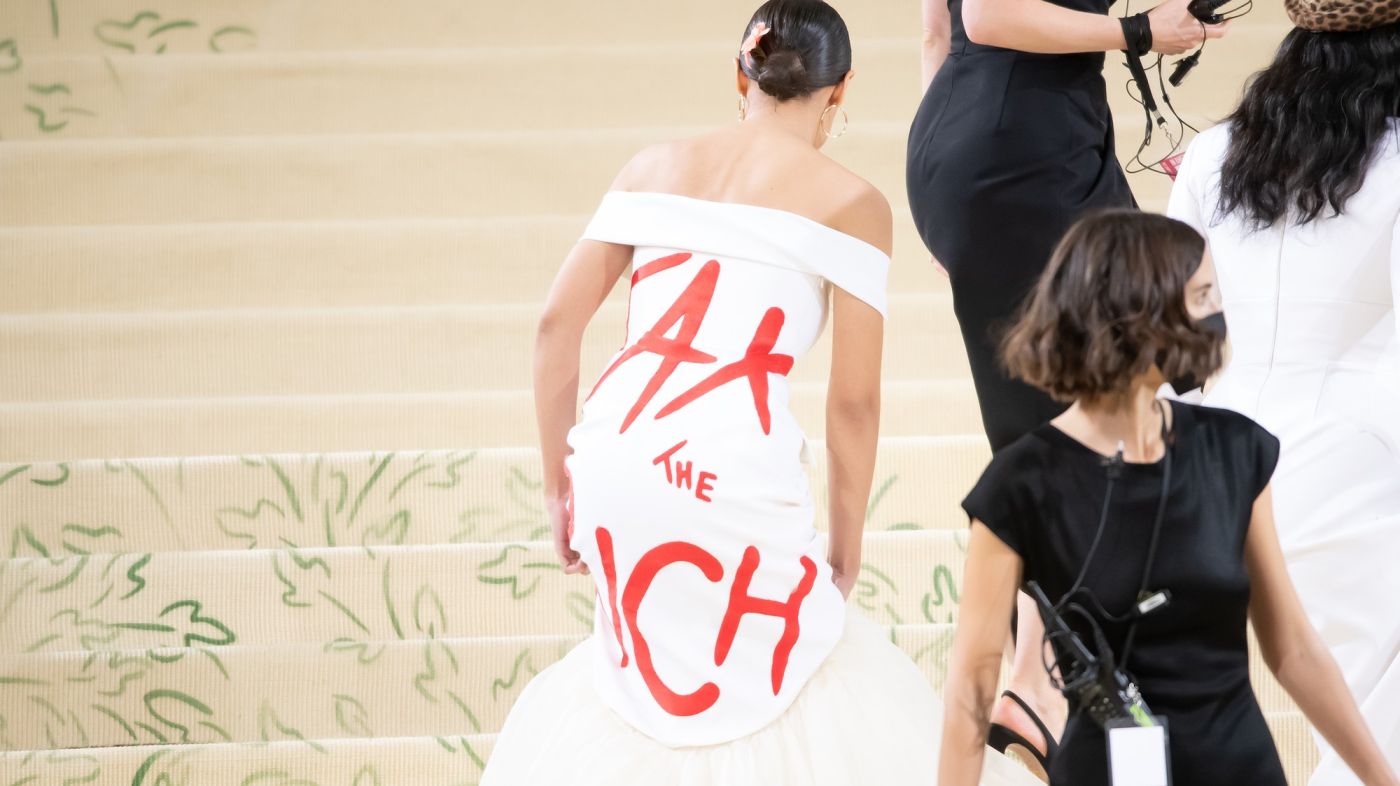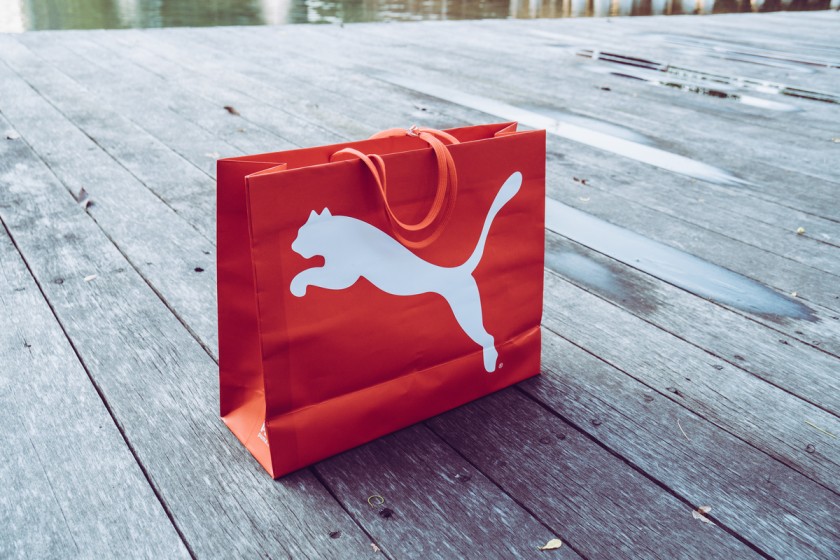The Secret Behind Zara’s Success

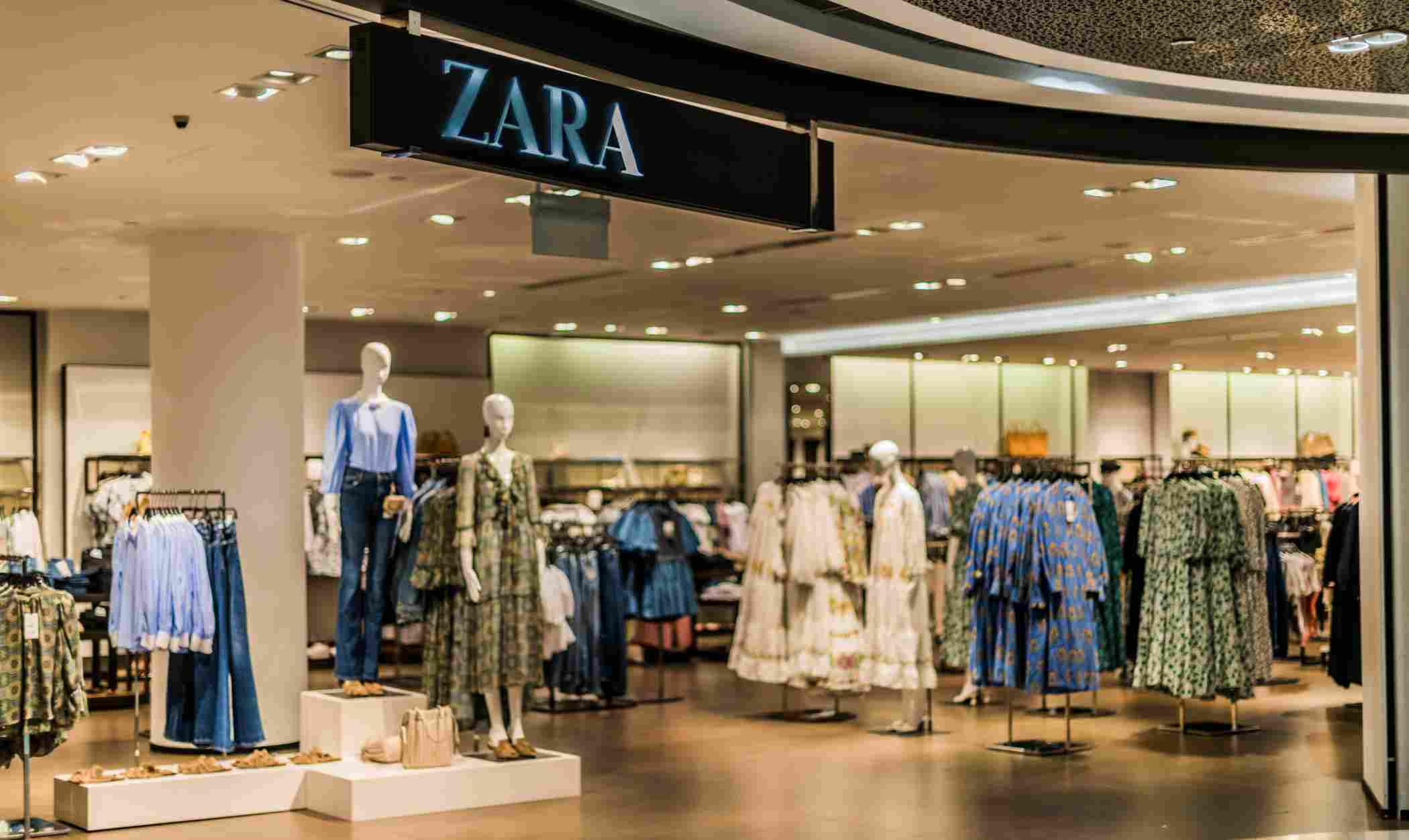

Zara SA, stylized as ZARA, is a Spanish apparel retailer based in Arteixo in Galicia, Spain.The company specializes in fast fashion, and products include clothing, accessories, shoes, swimwear, beauty, and perfumes. It is the largest company in the Inditex group, the world's largest apparel retailer.
Zara is one of the most successful fashion retail brands in the world. With the concept of fast fashion, it was able to grab the attention of a broad spectrum of consumers. The Zara brand offers men and women’s clothing, children’s clothing (Zara Kids), shoes and accessories. The sub-brand Zara TRF offers trendier and sometimes edgier items to younger women and teenagers.
10 things to know about Zara's business strategy
1. Vertical Integration
Zara manages design, production, shipment, display, promotion, sales, and feedback itself, relying only lightly on outsourcing. Its success relies on keeping a significant amount of its production in-house, ensuring that its own factories reserve 85 percent of their capacity for in-season adjustments. In-house production allows the organization to be flexible in the amount, frequency, and variety of new products to be launched.
2. Copy and not Invent
While many retailer companies aim for innovation, Zara tends to ride over the wave of trend. They bring in whatever is currently hot and trendy, often making affordable copycat versions of high end fashions. The store prides itself on getting new designs in stores within 2 weeks.
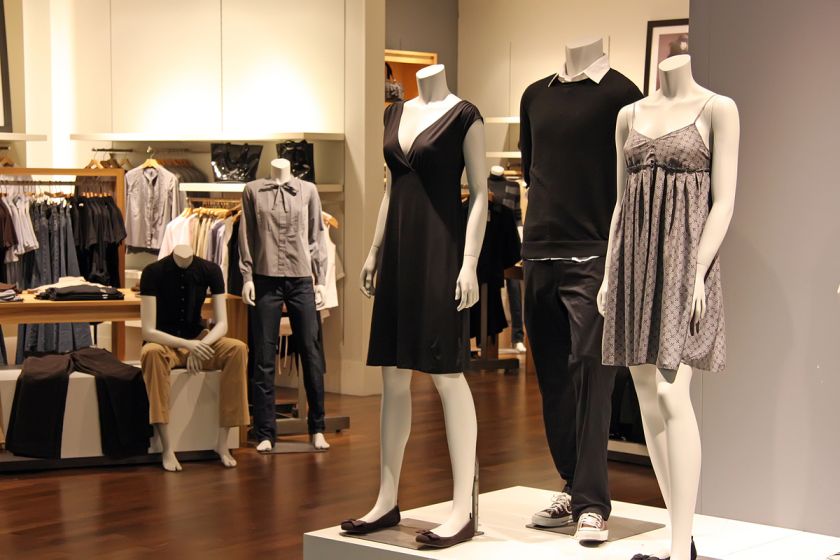
3. Lean inventory management
Zara follows the principle of reducing the quantity manufactured for a particular style. By doing so, Zara not only reduces its exposure to any single product but also creates artificial scarcity. The principle is applied to all fashion items. The lesser the availability, the more desirable an object becomes. Another benefit of producing lower quantities is that if a style does not generate traction and suffers from poor sales, there is not a high volume to be disposed of.
4. Proprietary Software and Design Flow
This is availed to analyze fashion trends from each of its many hundreds of stores around the world. They also have specially trained professional work-force to do the same. Together, this capitalizes off of Zara’s rapid product replacement cycles by cataloguing in real-time which products are being purchased, in what quantity, and where. This enables Zara to realize the newest fashion trends.
5. Unrelenting focus on the customer
This is a core principle of Zara. They prioritize customer needs and insights. The staff and employees are trained to provide the best customer service possible. The brand uses cutting-edge systems to track the location of garments instantly and makes those most in demand rapidly available to customers. Due to Zara’s competitive customer research capabilities, its product offerings across its stores globally reflect unique customer needs and wants in terms of physical, climate or cultural differences.
6. Sustainability at its core
Zara has decided to commit to the eco friendly aspect of fashion. According to Zara’s official website, all Zara stores have managed an average 20% reduction of electrical consumption in recent times. Recycling efforts of furniture and decoration, organic manufacturing processes, and biodiesel fuel have been made to promote an environment friendly image.
7. Solid distribution network
Zara has successfully maintained an in-time production management. Zara’s strong distribution network enables the company to deliver goods to its European stores within 24 hours, and to its American and Asian outlets in less than 40 hours.
8. Location Strategy
Interestingly, Zara aims to stay close to the high end fashion stores. For Zara to successfully compete with luxury brands, it must first identify with customers as being a luxury brand. This can be achieved by placing its stores closer to the luxury brands. For example, in Istanbul Zara can be found one street away from Cartier Hermes, and Chanel, three very expensive brands.
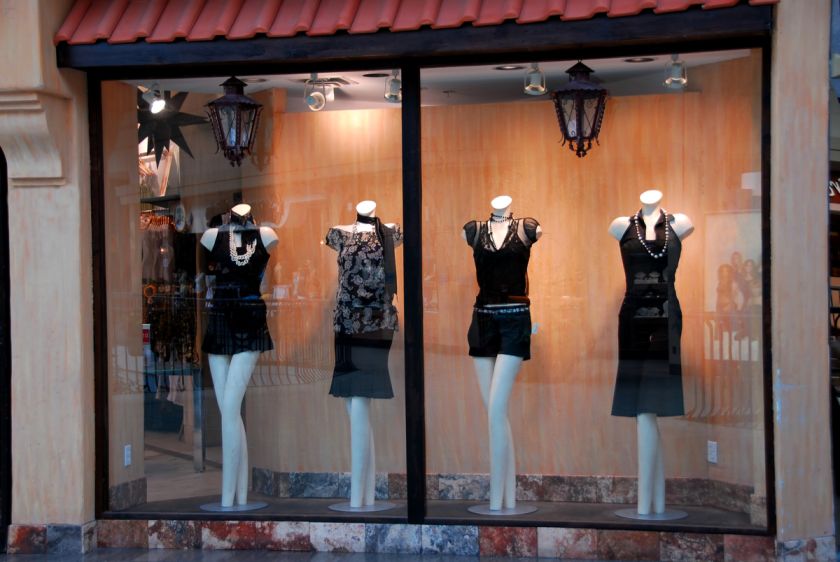
9. The Communication Strategy
Zara does zero advertisement or endorsement. It prefers to invest a percentage of its revenues in opening new stores instead. Even the brand’s founder Amancio has never spoken to the media nor has in any way advertised Zara. The success of the brand lies where customers appreciate and desire the brand, which is over and above product level benefits and strongly driven by the brand experience. Zara uses its store location and store displays as key elements of its marketing strategy.
10. Monitoring and responding to customer feedbacks
This customer centric approach is one of the key factors of Zara’s success. Every customer feedback gets reported back to headquarters, and communicated to in-house designers for future consideration. The store manager is equipped with special training in fashion and observation. They are asked to pay special attention to what customers are saying and doing to reflect what moves the brand needs to make next.
















